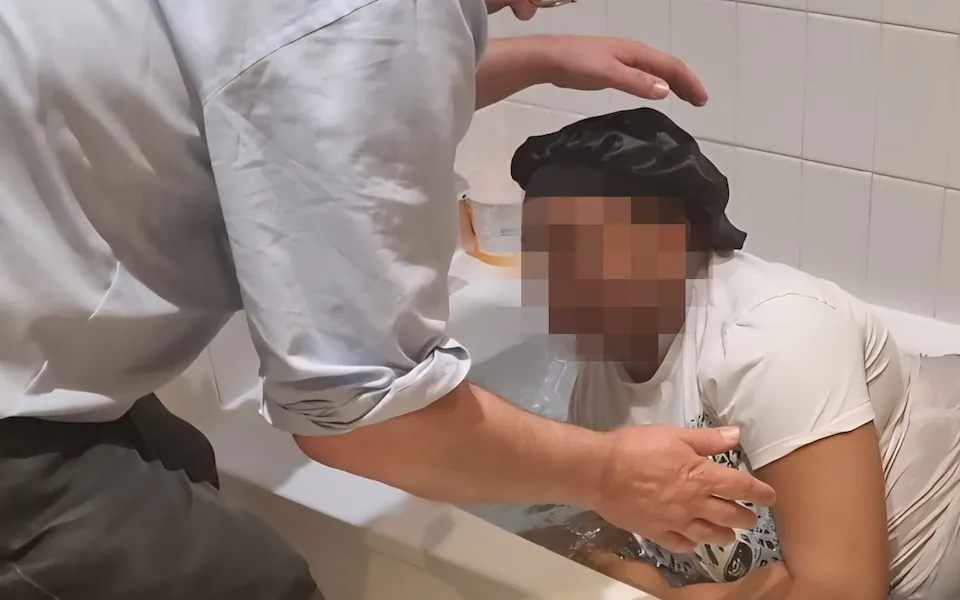Asylum seekers are being baptised in hotel bathtubs by a Christian charity working in migrant accommodation across the UK.
The practice has raised concerns that some Muslim migrants may be undergoing conversion ceremonies to boost their chances of securing asylum.
Carelinks Ministries, a registered charity linked to the minority Christadelphian denomination, has travelled to asylum hotels to perform baptisms in bathrooms.
The group has defended its activities, insisting that it simply baptises those who request it and plays no role in asylum applications.
Several seekers who became Christadelphians after arriving in Britain have later won their claims under the European Convention on Human Rights (ECHR), arguing they would face persecution if returned to their home countries.
Christadelphians do not follow some mainstream Christian doctrines, including belief in the Trinity.
The Shadow home secretary l, Chris Philp condemned the revelations as insanity, claiming the system was open to abuse and needed to be “completely dismantled”.
Concerns have been raised following the case of Abdul Ezedi, who was granted asylum after converting and went on to carry out a chemical attack on a woman and two children.
Carelinks’ annual report says it converted more than 260 people worldwide last year, including asylum seekers.
Volunteers have shared and later deleted posts showing bathtub baptisms taking place in migrant hotels, with some converts immersed in full bathtubs and others baptised in the sea.
Since 2019, at least six upper-tier immigration tribunal cases have involved asylum seekers who became Christadelphians, though only one was ultimately successful on grounds of religious persecution.
Other churches have also faced scrutiny for rapidly baptising Muslim migrants and supporting claims later deemed insincere, including cases where applicants could not explain basic Christian beliefs.
A Home Office spokesperson said the UK “has a proud history of welcoming those fleeing religious persecution, but stressed that conversion does not guarantee refugee status” and that all claims are assessed individually.



